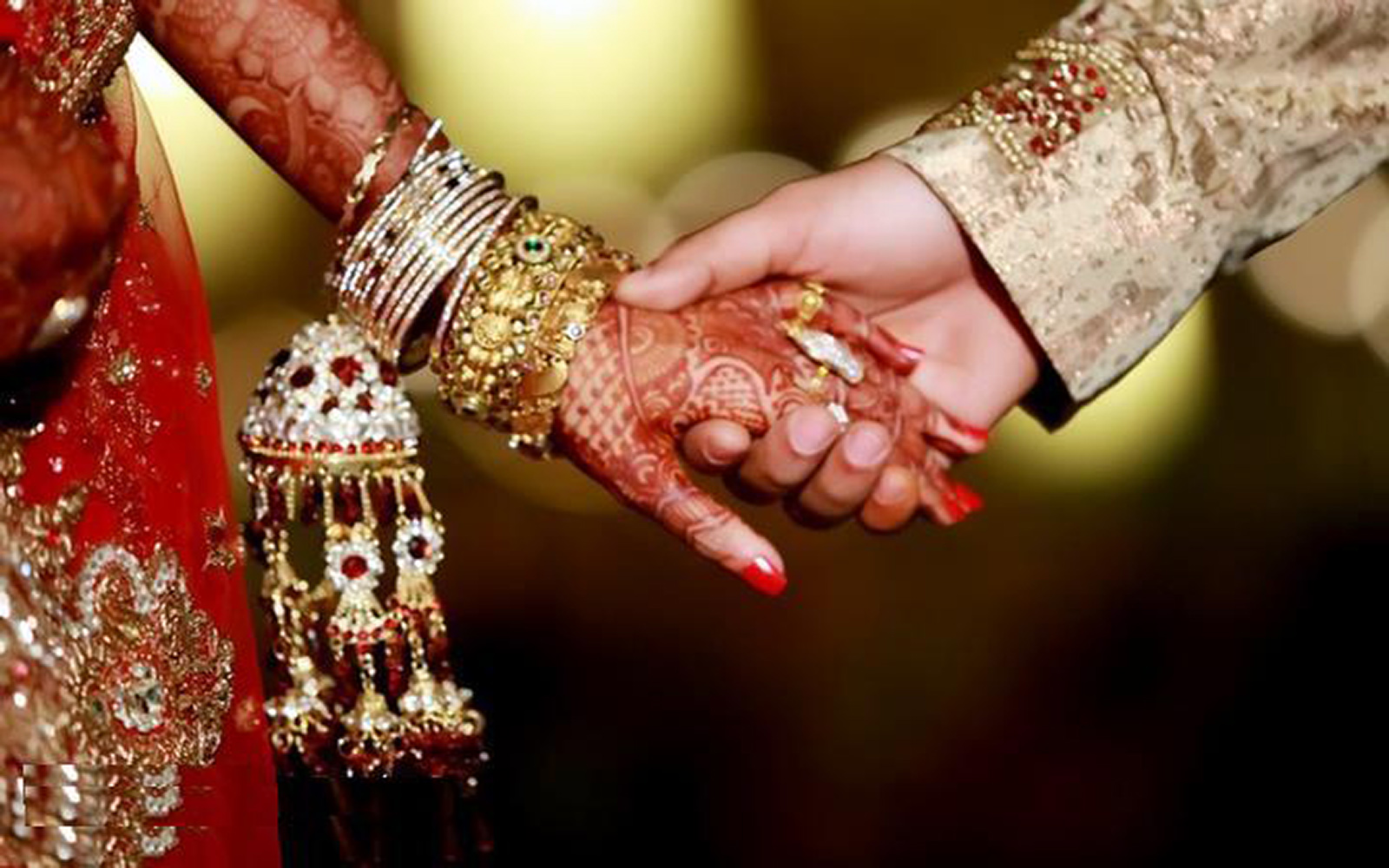by Syed M Rahman
Pew Research Centre, a non-partisan American think tank on studying the matter of interfaith marriages in India has found out that people across faiths (in India) tend to stop it.

Marriage is a human right, recognized under Article 16 of the Universal Declaration of Human Rights (UDHR). In India, the Chapter of marriage in human life stands controlled to a major length by personal laws, though statutory enactments do exist on it like the Hindu Marriages Act 1955, The Dissolution of Muslim Marriage Act, The Special Marriages Act 1954, and The Indian Christian Marriage Act.
The doors of understandings as to marriage itself under the constitutional prism disperse it to be an inherent right within Article 21(i) to carry the freedom of choice in marriages.
The constitutional bench has ruled in one of the cases (on Right of Privacy) that it is a protected right as an intrinsic part of the right to life and personal liberty under Article 21. The court has held that the right to privacy would cover three aspects (1) privacy that involves the person, (2) influential privacy, and, (3) privacy of choice. It is held that privacy represents the core of human personality and recognizes the ability of each individual to make choices and to take decisions as of matters intimate and personal.
The Apex Court Rulings
In the case of Shakti Vahini Vs Union of India, the Supreme Court has observed that it has to be sublimely borne in mind that when two adults consensually choose each other as life partners it is a manifestation of their choice, recognized under Article 19, and Article 21 of the constitution.
Again in Shafin Jahan Vs Asokan and Ors, referring to Art 16 of UDHR, it held that right to marry a person of one’s choice is integral to Article 21 of the Indian constitution.
So, the law respects and recognizes one choice to marriage, beyond the routines under personal laws, when personal laws do not carry the concept of mixed marriage.
Insignificant Interfaith Marriages
Being religiously tolerant, as evident from the existence of the approach and reading of rights, the right to make one’s choice to marry is basic to life. This is despite such individual decisions have occasionally triggered polarisation.
In 2005, the Indian Human Development Survey (IHDS) and the National Council of Applied Economic Research (NCAER) noted that only 2.21 per cent of all women of the age group of 15 to 49 had married outside their religion, not a significant number, despite liberal the approach adopted by the country in this regard.
The Questions
Within this backdrop, a few questions beg for an answer:
Do personal laws obstruct and impinge upon one’s human right of choice?
Do they influence or dictate one’s choice?
India is a secular, socialistic, and tolerant country and the laws and the subsequent amendments, especially in the Hindu Marriage Act, mutual consent overrides the situation. Marriage amongst Hindus, Jains, Sikhs and Buddhists stand valid.
Specifically, Special Marriages Act permitted interfaith marriages without any need to change one’s religion.
New developments like the passing of ordinances like the prohibition of unlawful Religious Conversion Act, 2020 in Uttar Pradesh and Uttrakhand Freedom of Religious Act 2018, regulates the conversion of interfaith. Recently voices from a section of the minority population in Kashmir have added to this debate.
The motives stand clinched as to misuse of the legislation as upon allowing for mixed marriages. Some attribute this situation to be used with a secret agenda of conversion. These voices plead for criminalizing the act of interfaith marriages. The same link these interfaith marriages to so-called love jihad and accuse a particular community.
There were instances of provocative sloganeering against a particular community. Whether or not the outcry is genuine, it ultimately asks for a decision on merit.
A Narrative
A narrative has been built that to be a Hindu is to be a true nationalist. The argument is that Muslim men find interfaith marriages an opportunity to convert Hindu girls to Islam. This so-called Love Jehad is being used to justify lynching.
Pew Research Centre, a non-partisan American think tank on studying the matter of interfaith marriages in India has found out that people across faiths (in India) tend to stop it.
Already, the NGO, Citizen for Justice and Peace has thrown a challenge to the validity of conversion ordinance 2020 and to Uttrakhand Freedom of Religion Act 2018. The matter stands admitted and the state put to notice.
Choice vs Religion

Taking the Special Marriage Act with the basic understanding that the relation of husband and wife is born on an agreement where choice factor contained within the soul of free consent is acknowledged with legitimacy. Here, marriage is not seen through the glass of religion but simply an understanding between the two to live together as husband and wife.
Under this law, there is no need to seek conversion to the religion of the spouse. Both the parties can maintain their individual faiths all along with their relationship. So where the dark shades of the communal tinge can be seen in mixed marriages?
(The author is a senior advocate, mostly practising at the District Court in Anantnag. The opinions expressed in this article are those of the author’s and do not purport to reflect the opinions or views of Kashmir Life.)















